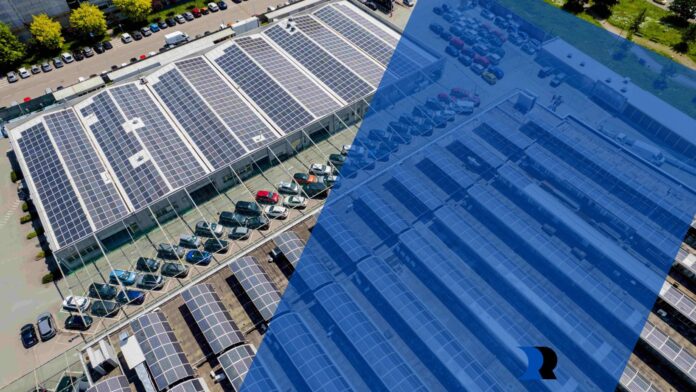Aside from investing in a modern information technology infrastructure, the need to embrace sustainable energy sources is more pressing than ever. Big and small business owners alike across industries are beginning to understand the benefits of integrating solar panels into their infrastructure solutions. Not only does this approach contribute to environmental conservation, but it also offers a practical way to reduce energy costs.
This article will guide you through the key aspects of integrating solar panels into your business’s tech setup, providing clear explanations and examples to help even those new to the concept.
Why Solar Panels Are a Good Investment
Solar panels are a wise investment that can lead to big savings over time. For many small businesses, electricity bills are a major expense. Traditional power sources can be costly, but solar panels allow businesses to generate their own electricity, reducing reliance on external power companies. Over time, the savings on electricity bills can cover the initial costs of installing solar panels, making them a cost-effective choice.
Additionally, many areas offer tax breaks and rebates for businesses that switch to solar power. These financial incentives make solar panels not just an environmentally friendly option but also a smart financial decision.
Assessing Your Business’s Energy Needs
Before installing solar panels, it’s important to figure out how much energy your small business uses. Knowing your energy needs will help determine the size and number of solar panels required. This step usually involves looking at your current electricity usage, identifying when you use the most power, and predicting future energy needs as your business grows.

For instance, a small retail shop might only need a few solar panels, while a factory with heavy machinery might require a larger setup. Speaking with a solar energy expert can help you get the right system to meet your business needs.
Picking the Right Solar Panels
Not all solar panels from different shops and service providers are the same. There are different types, each with its own pros and cons. The three most common types are monocrystalline, polycrystalline, and thin-film solar panels.
- Monocrystalline Panels: These are very efficient and take up less space. They convert more sunlight into electricity, so you need fewer panels to meet your energy needs. They are a great option for businesses with limited roof space.
- Polycrystalline Panels: These are less expensive but also slightly less efficient than monocrystalline panels. They are a good choice for businesses with more roof space and a tighter budget.
- Thin-Film Panels: These are the least efficient but are flexible and easy to install on different surfaces. They work well for large installations where space isn’t a concern.
Choosing the right type of solar panel depends on your business’s specific needs, including your budget, available space, and energy usage.
Integrating Solar Panels with Your Current Systems
Adding solar panels to your existing tech setup requires careful planning so it doesn’t negatively affect your business operations and ensures business continuity. Solar panels generate direct current (DC) electricity, but most business equipment runs on alternating current (AC). To make the solar panels work with your systems, you’ll need inverters to change DC to AC.
It’s also important to think about how solar power can work with backup systems, like batteries or generators, to keep your business running during power outages. Installing monitoring systems can help track how much energy your solar panels are producing and how much your business is using, helping you manage your energy use effectively.
Keeping Your Solar Panels Running Smoothly
Solar panels don’t need much upkeep, but regular checks are important to keep them working well. Dust, dirt, and weather conditions can affect how much energy your panels produce, so it’s a good idea to schedule regular cleanings and inspections. Monitoring systems can also alert you if there’s a drop in energy production, which could mean there’s an issue that needs fixing.

For example, if you notice a sudden decrease in energy output, it might be because a tree branch is casting a shadow on the panels or there’s a problem with the inverter. Addressing these issues quickly will keep your solar panels working efficiently.
Long-Term Benefits for Your Business
Using solar panels in your business’s tech setup has many long-term advantages. Besides the immediate savings on energy bills, going solar can boost your business’s reputation. More and more consumers are looking for companies that care about the environment, and using solar energy is a clear way to show that commitment.
Additionally, businesses that use solar power are better protected from rising energy costs. As electricity prices continue to go up, generating your own power can give you a competitive edge by reducing your dependence on fluctuating energy markets.
Conclusion
Integrating solar panels into your business’s tech infrastructure is a smart move that blends environmental responsibility with financial savings. By figuring out your energy needs, choosing the right solar panels, and making sure they fit well with your current systems, you can create a sustainable energy solution that will fuel business growth for years to come. With the added perks of lower energy bills, tax incentives, and a stronger brand image, solar panels are not just a green choice—they’re a wise investment in the future of your business.


